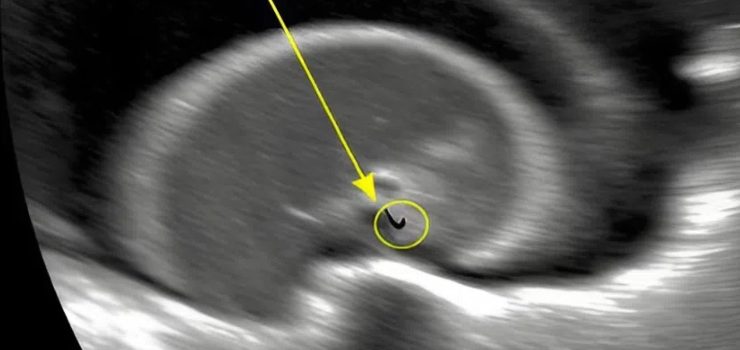Eggs are a staple ingredient in most American kitchens, valued not only for their incredible versatility in cooking and baking but also for their nutritional benefits and affordability. However, despite how common they are in our diets, there’s still a lot of confusion and even disagreement surrounding their shelf life, especially when it comes to the question of whether expired eggs are still safe to eat.

This issue can even spark arguments between family members or partners, like in the case of one couple who found themselves at odds over whether or not their slightly out-of-date eggs were still okay to use. To settle debates like this once and for all, it’s important to understand how egg expiration actually works, what those dates on the carton really mean, and how to properly test for freshness. Most egg cartons in grocery stores are marked with a “sell-by,” “use-by,” or “expiration” date, which can be misleading. These dates are primarily meant for the retailer to manage inventory and ensure quality, but they don’t necessarily indicate the moment an egg becomes unsafe. In reality, eggs can often be consumed safely for several weeks beyond the printed date, especially if they have been stored correctly in the refrigerator.
This is why it’s more useful to rely on practical methods rather than just those dates to determine if your eggs are still good. One of the most trusted ways to test egg freshness at home is the float test. All you have to do is gently place the egg into a bowl of cold water. If it sinks and lies flat on the bottom, it’s very fresh. If it stands upright or floats, that’s a clear sign it has aged and likely gone bad. This happens because, over time, air seeps into the egg through its shell, making it less dense and more buoyant. Another helpful method is to simply crack the egg open into a bowl and check how it looks and smells. A fresh egg will have a rounded yolk and thick whites, while an older egg will appear runny with a thinner, more watery consistency. If you notice any sulfur-like or rotten smell, it’s definitely time to throw it out. The science behind egg spoilage is fairly straightforward.
Eggs have porous shells that allow air and moisture to slowly enter over time. As this happens, carbon dioxide escapes and the pH level inside the egg changes, which can affect texture, appearance, and eventually safety. Refrigeration helps slow this process significantly, which is why properly stored eggs can last well beyond the carton’s date. Still, there are misconceptions that cause people to believe eggs must be thrown out immediately once they hit the expiration date, and this simply isn’t true. However, while many eggs remain safe even after that date, consuming ones that are truly spoiled poses health risks such as salmonella, a bacteria that can lead to foodborne illnesses with symptoms including fever, nausea, stomach cramps, and diarrhea. If there’s any doubt about an egg’s freshness, it’s always best to play it safe and discard it.
To keep your eggs fresh for as long as possible, be sure to store them correctly. Keep them in their original carton, which protects them from absorbing strong odors and flavors from nearby foods, and store the carton in the main body of the fridge rather than in the door, where the temperature fluctuates more due to frequent opening and closing. Proper storage goes a long way in extending their shelf life. When it comes to disagreements about food safety in the home, such as whether or not to eat expired eggs, the best approach is open and respectful communication. Discuss concerns, share facts, and agree on a method for testing freshness that both parties trust, such as the float test. This can help prevent unnecessary arguments and make sure everyone feels safe and heard. According to food safety experts, it’s more reliable to use sensory indicators like smell, appearance, and texture to judge whether an egg is still good rather than relying solely on a date printed on the box. In conclusion, deciding whether or not to eat expired eggs is about balancing common sense with simple, science-backed methods. By understanding how expiration dates work, knowing how to test freshness, and storing eggs properly, you can make confident choices that prioritize health, reduce food waste, and keep your household running smoothly.





